A selected list of topics presented by the group members and others at our Lab Meetings
22nd of May 2024
Viktoria Loretto Holsey Foss: Examining the medium effect: Norwegian vocational students reading to learn on paper and screen

There is accumulating evidence for a small but consistent print advantage for comprehension compared to reading the same text on screens; however, it remains unclear how this effect of medium manifests according to individuals with different reading proficiencies. We conducted a within-subjects experiment where vocational students read authentic history texts on their own laptop computers and A4 printouts. Measuring comprehension outcomes in addition to baseline decoding skills, we tested whether lower decoding skill could predict lower comprehension on screens. Results indicated that the whole sample had lower comprehension on screen compared to on print, but no significant interaction was found between medium or decoding skills. However, when splitting into higher and lower performers in comprehension (by median) and decoding (by benchmark), only lower performers demonstrated significantly lower comprehension on screen.
24th of April 2024
Eleonora Pizzigallo: Learning Disorders And Technology Mediated Interventions: Effective For Who And Under What Conditions?
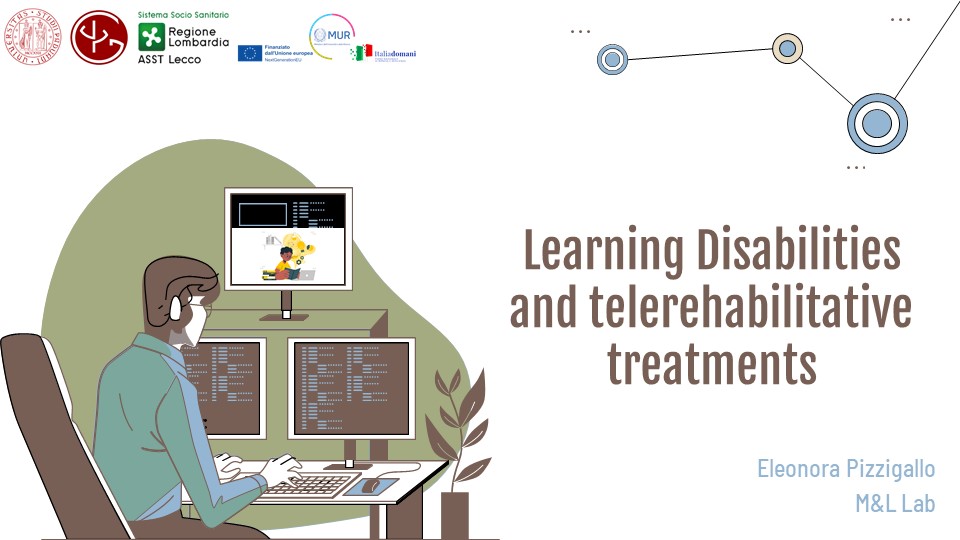
There is increased demand for National Health Service interventions for learning disabilities, though resources are often insufficient. Telerehabilitation, involving both local health care and at-home sessions supervised via software, offers an effective solution, providing continuous care to more patients, especially those in remote areas. Current research on factors influencing intervention effectiveness, change trajectories, and everyday impact is limited. Analyzing data from the Department of Child & Adolescent Psychiatry at Lecco Hospital, which systematically implements telerehabilitation, can shed light on these aspects. The study aims to assess telerehabilitation’s effectiveness and transfer effects. Additionally, it investigates factors influencing the choice of telerehabilitation, such as symptom severity, comorbidities, cognitive and emotional factors, and family resources.
28th of February, 2024
Tommaso Feraco: GPS: Geographical Psychology of the Self
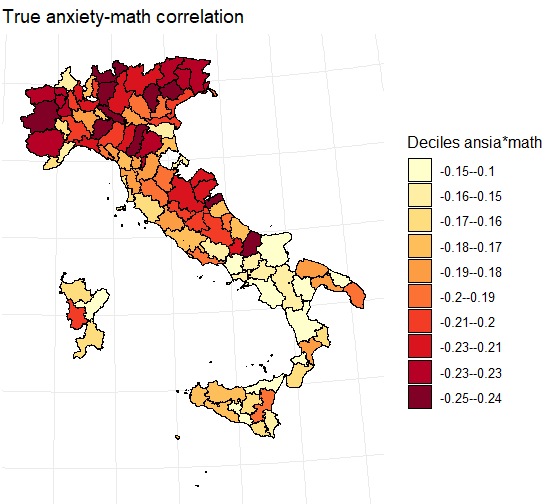
Psychological characteristics, including personality traits, wellbeing, anxiety, or achievement, are spatially distributed and influenced by the characteristics of the natural and social environment. Geographical psychology is a recent branch of psychology that studies how psychological characteristics vary across different regions and why.
14th of February, 2024
Brechtje van Zaijts: Improving children’s reading comprehension skills without written text? Exploring the use of audio and video

There is a strong link between children’s ability to understand written and spoken language, but less is known about the underlying cognitive processes associated with comprehension of texts and videos. In my PhD-project, we compared children’s comprehension processes for expository texts and videos using an online measure, namely a think-aloud protocol. It was found that children’s processes for texts and videos were comparable, both at a group-level and an individual-level. Next, we set-up an intervention to examine whether children’s inferencing skills can be practiced using videos instead of using text.
06th of December, 2023
Ricarda Endemann: The associative deficit of older adults in episodic memory – stimulus material and strategies
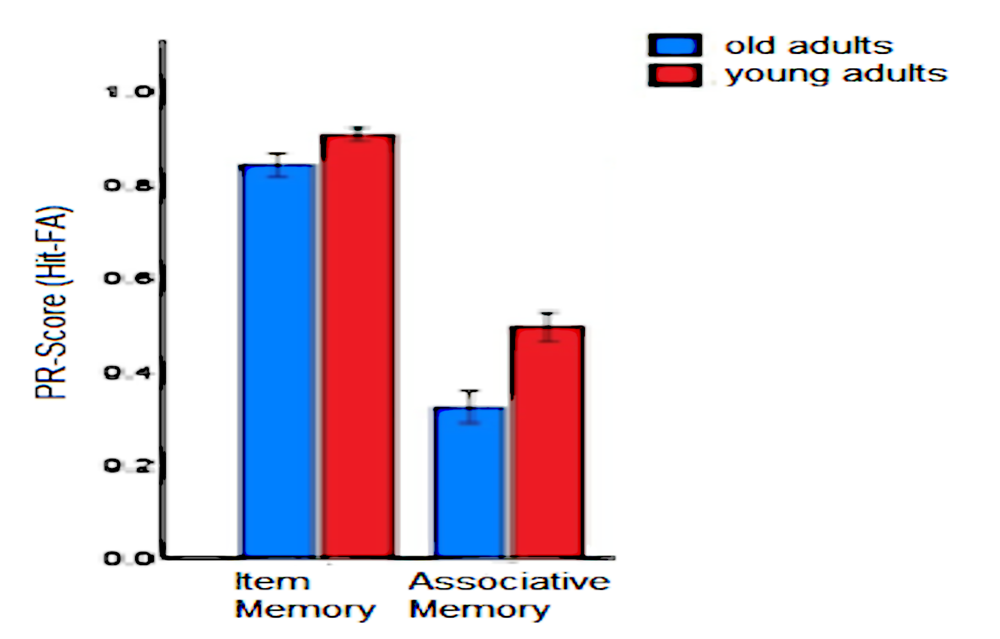
Memory for associations is more vulnerable to aging than other aspects of episodic memory, but the factors that influence the extent of this age-related associative deficit are not well understood. Depth of processing plays a particular role, and the provision of strategies may mitigate the associative deficit. Depending on the type of task, the learning material (pictures vs. words) plays a particular role. Memory for individual pictures can be strengthened when the pictures are enriched with more features, but also requires a more elaborate process to retrieve them.
26th of April, 2023
Enrico Sella: (PNRR) Psychological trajectories for a healthy and active aging

The perception and awareness of one’s age and the aging process includes all the experiences that make a person aware of changes in their behavior, cognitive and functional performance, or life functioning resulting from advancing age (i.e., increasing chronological age). What is the relationship between the awareness of age-related cognitive changes and cognitive functioning in older adults with typical aging? In this initial phase of the AGE-IT project (PNRR), we aim to conduct a systematic review on the existing tools for assessing self-perceptions of cognitive changes with aging in older adults, and to plan the design and development of new and reliable assessment tool that measures personal experiences of cognitive changes with aging.
12th of April, 2023
Gerardo Pellegrino: Exploring the role of social, emotional, and behavioral skills in high school students
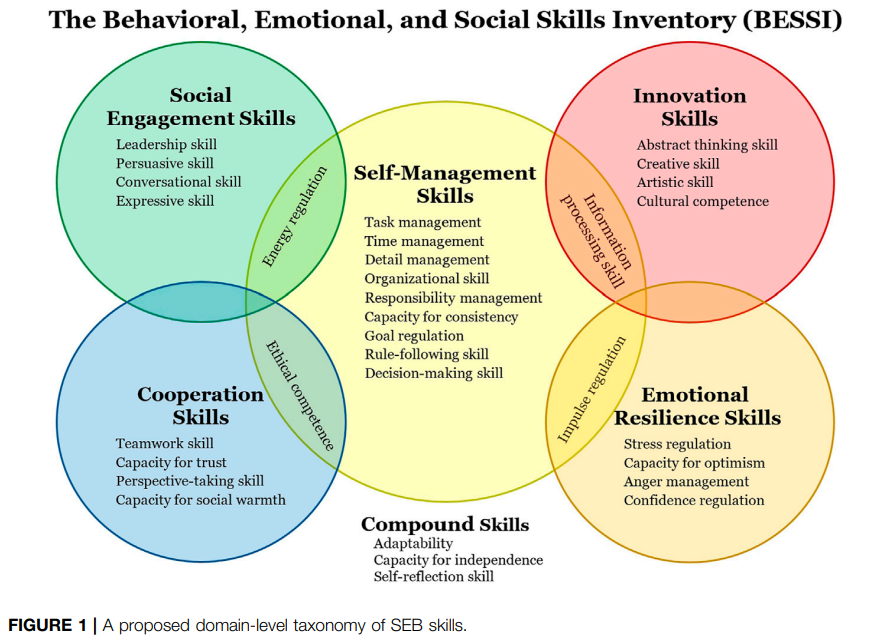
Social, emotional and behavioral (SEB) skills are individual capacities to maintain social relationships, regulate emotions and manage goal-directed behaviours. These skills are considered crucial for 21st century students to approach challenges and obstacles both during their studies and in the working world. Our research aims at developing a comprehensive model of how SEB skills and other students’ characteristics (e.g. school engagement, self-efficacy) interact among them and how they impact on students’ success and well-being.
29th of March, 2023
Ambra Perugini: Polygenic risk scores of dyslexia, and related cognitive abilities
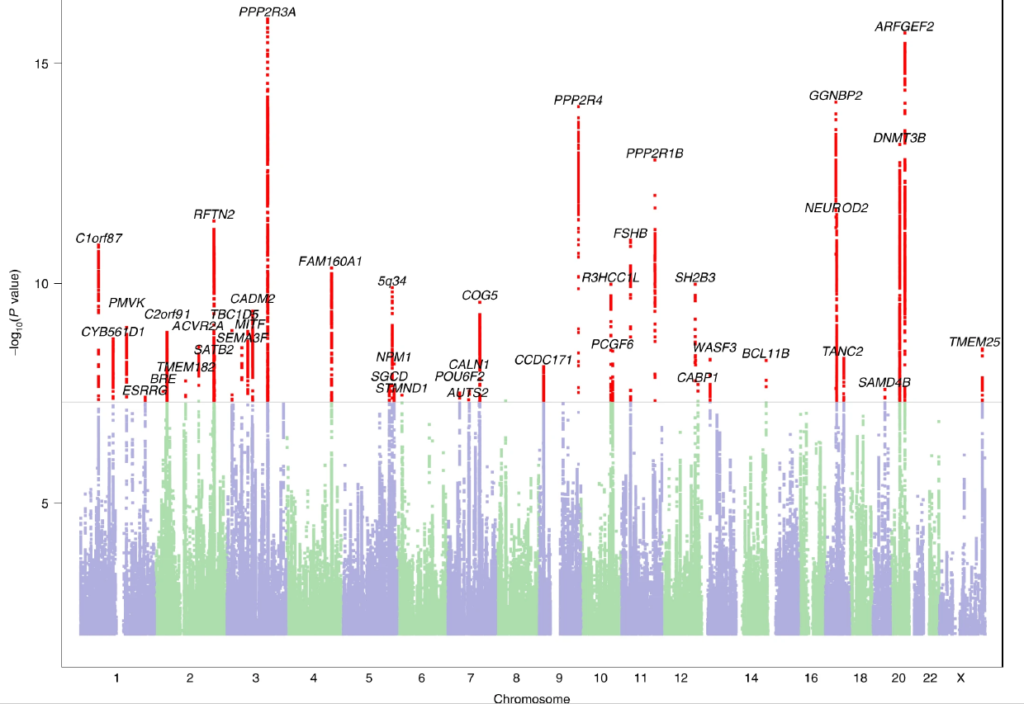
figura adattata da: Doust, C., Fontanillas, P., Eising, E. et al. Discovery of 42 genome-wide significant loci associated with dyslexia. Nat Genet 54, 1621–1629 (2022). https://doi.org/10.1038/s41588-022-01192-y
Polygenic Risk Scores (PRS) are widely used in research and clinical practice to identify individuals at risk of developing a certain trait. Based on their genetic information, a score for traits which are likely caused by a multitude of genes, rather than one single or a small set of genes, can be estimated. Specifically to dyslexia, the most powerful GWAS study has created a PRS which explains up to 6% of variance in reading tests. The aim of this research is to investigate how that PRS predicts other cognitive abilities usually impaired in dyslexic individuals.
01st of March, 2023
Angelica Moè: Is choosing always motivating?
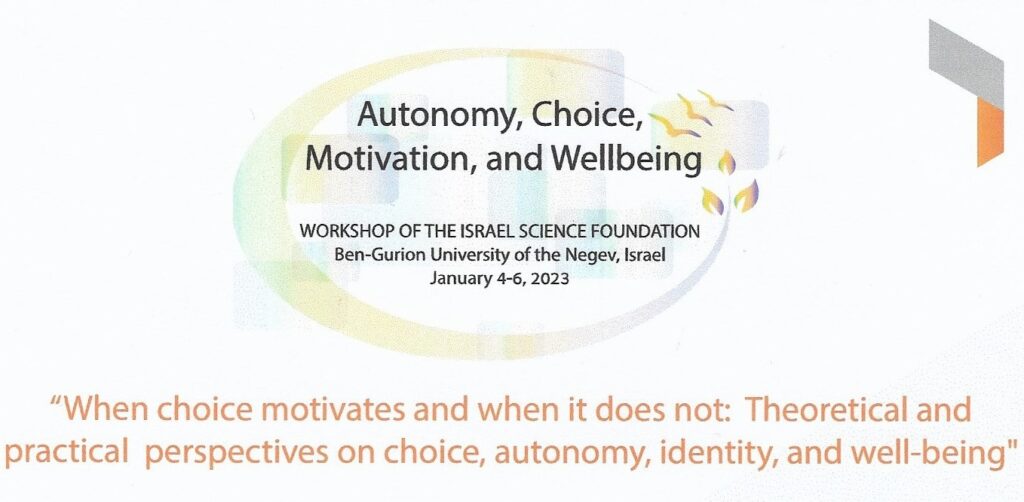
According to self-determination theory, there is an essential need for autonomy that the social environment can promote. The mode of choice is often to ‘offer choices’. However, this is not always effective because ‘making choices’ can sometimes be perceived as more, but sometimes also less, motivating. Starting from the workshop ‘Autonomy, choice, motivation, and well-being’ in which prof. Moè participated, she illustrated some research results, and delved into potential future lines of development in this field.
08th of February, 2023
Enrico Toffalini, Tommaso Feraco: The g factor of cognitive abilities

The so-called “g factor” of intelligence effectively explains most common variance across subtests in multicomponential cognitive batteries, and it is the single most powerful psychological predictor of the largest range of important real-life outcomes. In a daring analogy with the mysterious dark matter of the standard model of cosmology, however, we must admit that despite its importance we know surprisingly little about its nature. Some even doubt about its actual existence, and try to account for observed empirical phenomena without postulating it. Nonetheless, fully explaining individual differences in cognitive abilities without g turns out to be challenging. We briefly discussed some possible hypotheses.
Click here to see the slides (in Italian)
25th of January, 2023
Davide Fazzolari (PhD student at “Magna Græcia” University, Catanzaro): Design of a parent training for the enhancement of oral comprehension in the last years of kindergarten and the first years of primary school

Listening and reading comprehension is a complex system of interacting factors. It is mainly based on linguistic and cognitive assumptions and it is influenced by contextual and emotional features. Several studies have investigated the relationship between these factors in different populations of kindergarten and scholar children (e.g. poor comprehenders), as well as they have developed specific trainings. The aim of this work is the implementation of a telematic parent training for the enhancement of listening comprehension in the last years of kindergarten and in the first years of primary school. Parental beliefs about their contribution and the single and combined effect of the parent training with direct training will be evaluated.
14th of December, 2022
E. Sella, E. Borella, C. Meneghetti, E. Carbone, V. Muffato, E. Toffalini: Optimal vs non-optimal time of day for spatial learning in the elderly
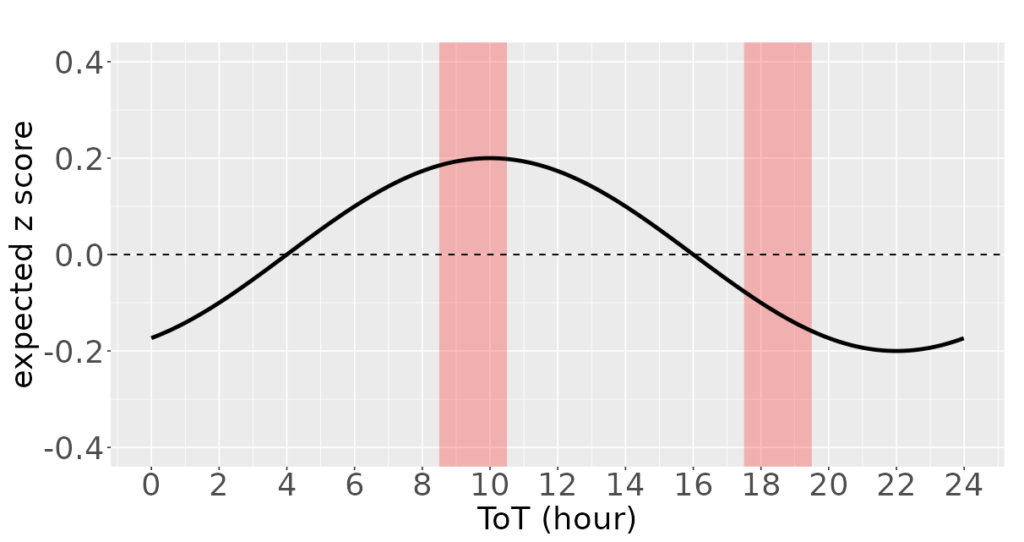
Chronopsychology examines how behavioral, cognitive and biological functions vary over time, and whether such variations follow predictable rhythms, for example across the day (circadian rhythms). Circadian fluctuations in cognitive performance may also vary between individuals, giving rise to circadian preferences, or cognitive chronotypes (e.g., morning- vs- evening-types). We discussed a novel research project which aims to investigate whether older adults perform better in spatial learning tasks (and their cognitive underpinnings, including attentional and visuospatial abilities) when they are tested in optimal vs non-optimal time of day, based on individual preferences.
Click here to see the slides (in Italian)
23rd of November, 2022
Giovanni Vecchiato (CNR – Istituto di Neuroscienze): Revealing the interplay between architecture and the other’s body expression
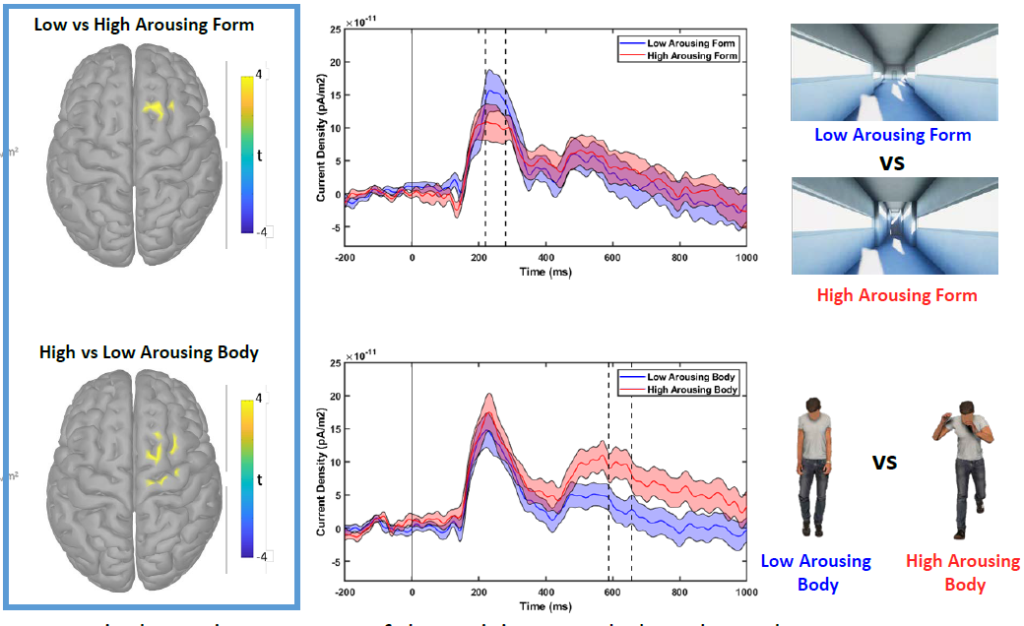
The present experimental framework reveals EEG signatures of the interplay between spatial and social cognition by requesting participants to judge avatars’ arousal expressions at the end of their promenade inside high- or low-arousing virtual architectures.
Observing highly aroused avatars increased Late Positive Potentials (LPP). Strikingly, P200 increased after crossing low-arousing architectures, paralleling increased subjective arousal reports and fixation times on the avatar’s head. The dorsal premotor cortex contributes to both P200 and LPP.
In conclusion, the dynamic architectural experience influences the motor system activity and thus human social cognition.
Click here to download the slides
19th of October, 2022
Nicole Casali: Risultati preliminari sull’efficacia del training Mindfulness-Based Strengths Practice

Mindfulness-Based Strengths Practice is an 8-week manualized group training combining mindfulness and character strengths practice to benefit well-being. This training has never been tested in the Italian population; moreover, there is a lack of evidence on its specific effects on strengths and mindfulness in terms of trait levels, and on the mechanisms of action accounting for its efficacy. In this pre-registered randomized controlled trial, we preliminarily show that MBSP specifically affects mindfulness and character strengths levels, decreases negative emotions, and that the satisfaction of basic psychological needs may explain its effect on overall well-being.
18th of May, 2022
Tommaso Feraco, Elena Carbone, Nicole Casali, and Veronica Muffato: Soft-skills and life span – Qualità personali, stile di vita, funzionamento cognitivo e benessere
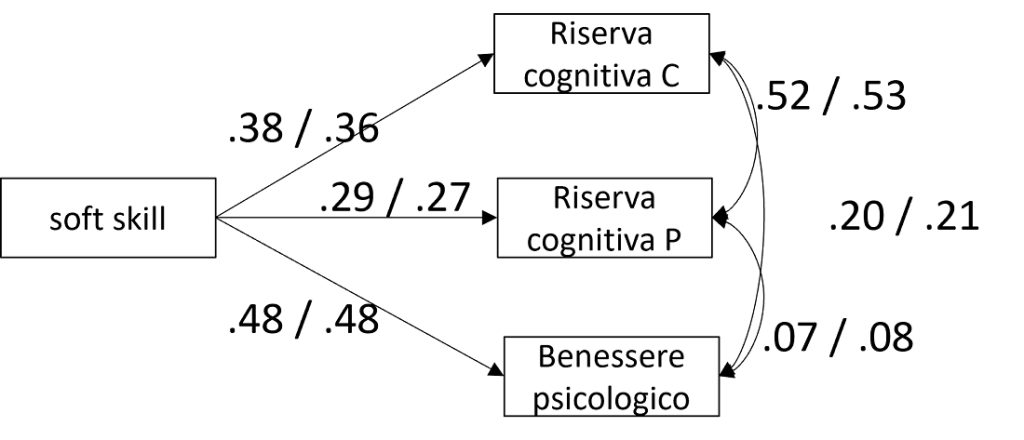
Soft skills are recognized as key features for success and well-being, bust most researchers focused on their role in university, school, or organizations without focusing on older adults. These may differently benefit from soft skills compared to younger adults who grew in a modern world that increasingly requests these skills. With this project we want to study the role of soft skills in predicting well-being and cognitive reserve in people from 50 years old to 80 years old.
Click here to see the slides (in Italian)
27th of April, 2022
Nicole Casali: Psychological correlates of academic success: Intra-individual dispositions sustaining mental health and academic achievement (under COVID-19) in university students
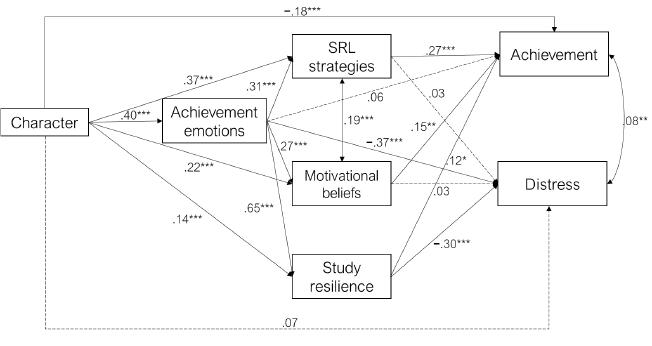
Building on positive psychology and self-regulated learning frameworks, this PhD project aimed at examining the intra-individual qualities that sustained desirable outcomes under COVID-19 and beyond. Different studies were carried out, studying the relationships between:
- Character strengths and mental health in the general population;
- Character strengths, study-related factors, mental health, and achievement in students (with learning disabilities).
The results showed that character strengths had buffering (protecting), bolstering (maintaining), and building (fostering) effects on mental health in the general population. In the case of students, character strengths indirectly favored mental health and achievement through the mediation of study-related factors.
13th of April, 2022
Elizabeth Doerr: The role of attentional, cognitive and spatial skills in injury proneness and risk tendency

The project aims to analyze the characteristics of accidental injuries in daily life, considering attentional, cognitive and spatial features. Injury proneness is studied in people with and without ADHD (Attention Deficit Hyperactivity Disorder). Different studies were carried out:
-injury proneness in the general population (ages 14-85)
-injury proneness in pre-teens. An ongoing study is considering injuries in youths in the road environment.
Furthermore, an analysis of the literature was carried out comparing visuo-spatial skills in people with and without ADHD. In these initial results, injury proneness appears to be indeed influenced by individual differences and cognitive aspects.
16th + 23rd of March, 2022
Graziana Lenti: Episodic memory in older adults: the role of motivational processes, metacognitive aspects, and environmental support in the encoding phase
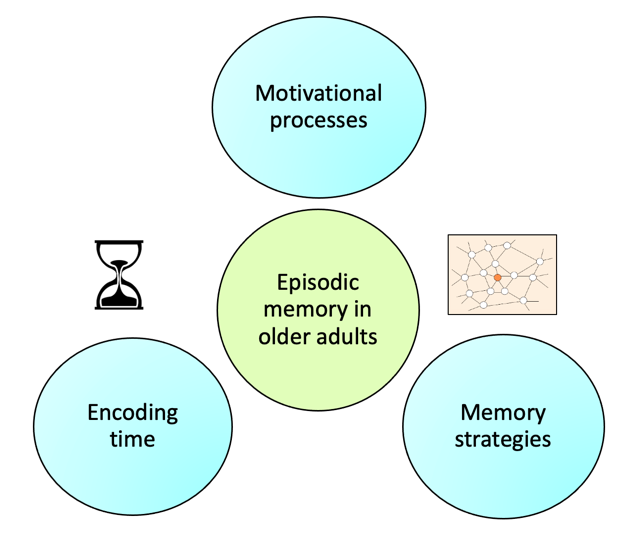
It is well documented that episodic memory is sensitive to age-related cognitive decline (Park, 2002). During these Lab Meetings, researchers and PhD students exchanged views and useful insights on possible ways to test relationships between motivational processes, considered from the perspective of the Expectancy-Value theory (Eccles et al., 1983), and older adults’ episodic memory performance. They then went through the experimental design of a new project whose aim is to investigate the optimal encoding time to enable an effective use of memory strategies in older adults, enhancing in turn their word-list recall performance.
1st of December, 2021
Enrico Toffalini: A short intuitive introduction to mixed effects models
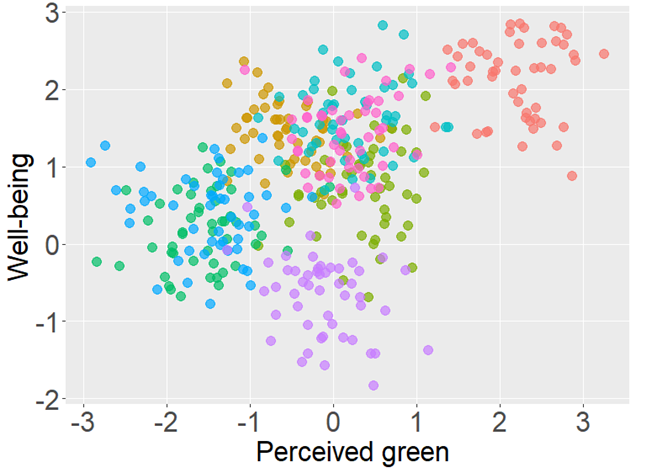
Linear mixed effects models are increasingly being used in all areas of psychological research, but all too often they are not fully understood, or they are just used in the same way as repeated-measures ANOVAs. Understanding the basics of mixed effects modelling is not difficult, however. I show a series of scenarios as examples in which mixed effects models offer much more information than common alternatives, but I also point to their risks when not used adequately.
Click here to see the slides (in Italian; version updated to 22/02/2023)
3rd of November, 2021
Nicole Casali: Character strength and well-being under stressful situations
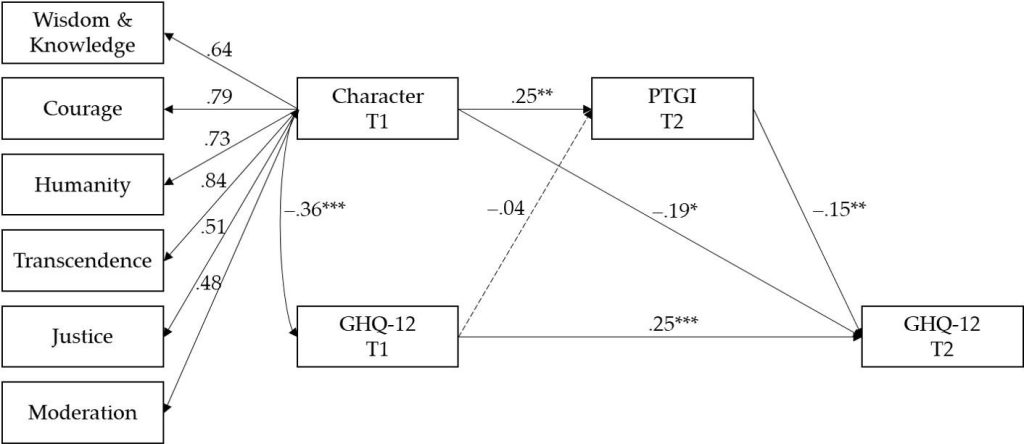
Character strengths are 24 positive trait-like individual qualities identified by Peterson & Seligman (2004) in their taxonomy of what is best in humanity. Although they were theorized as belonging to six core moral virtues, factor analyses have mainly relied on exploratory approaches and failed to empirically support this structure. Moreover, character strengths have mainly been studied as correlates of wellbeing and much less as means to help individuals cope with adversity. In this presentation, we will consider character strengths as converging to second-order factors through a confirmatory approach and evaluate their role as protective factors against the negative effects of the COVID-19 pandemic (both cross-sectionally and longitudinally).
Click here to see the slides
20th of October, 2021
Elizabeth Doerr: Propensity to self-injuries, age differences, gender differences, and variables involved
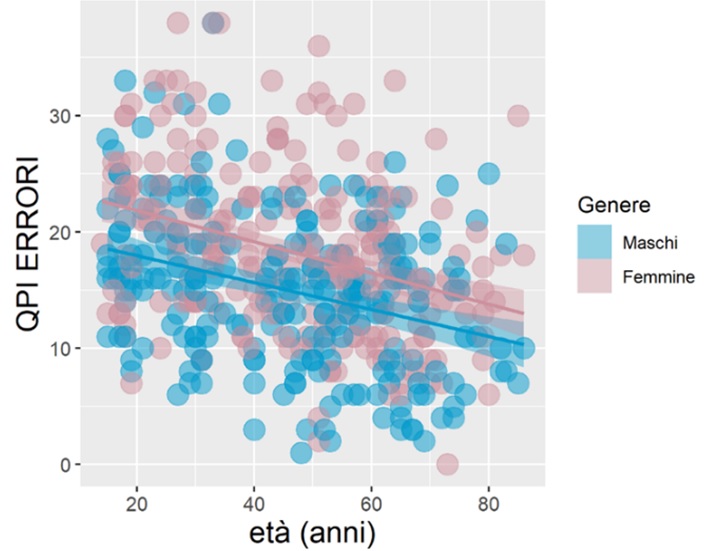
The research has been designed to investigate all potential factors that could explain risk tendencies and injuries in everyday life, particularly attention, self-perception and risk estimation, visuospatial skills, and cognitive aspects (eg. mind wandering, cognitive failures, intelligence).
We tested a new questionnaire for future standardization, the QPI (Questionario Propensione all’Infortunio) inspired by the CIRB questionnaire (Children’s Injury Related Behaviour; Rowe & Maughan, 2009). This new version was created with the purpose to address injury and risk tendencies in different situations of daily life, across different ages.
Click here to see a report of the results (in Italian)